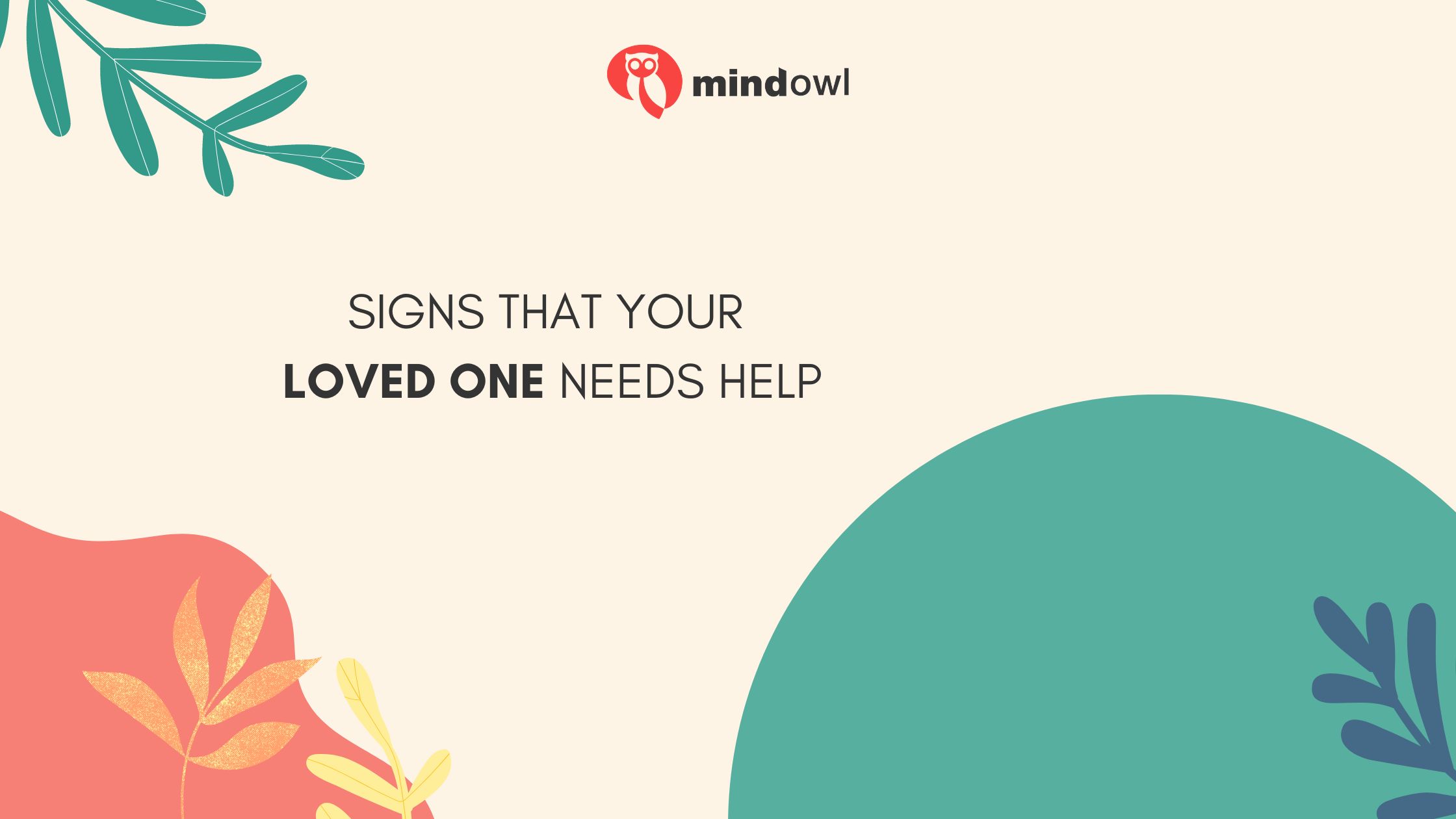Knowing when a loved one is struggling with their mental health can be challenging. Sometimes, they may hide their struggles, or you may not know what to look for. However, several signs can show that your loved one needs help.
You can start by looking at changes in their behaviour or mood. Some instances worth looking at include withdrawal from social activities, neglecting self-care, increased substance use, expressing feelings of hopelessness or worthlessness, experiencing physical symptoms without medical explanation, and engaging in risky or dangerous behaviours.

Common Signs
Recognizing these common signs and seeking professional help from health facilities, like this Rehab in Tucson, Arizona, can be the first step towards healing and recovery for your loved one. Here are the most profound signs your loved one is struggling mentally:
1. Physical Signs
Substance abuse, for example, can lead to physical changes in a person’s appearance and behavior. Common physical signs of substance abuse include bloodshot eyes, tremors, slurred speech, impaired coordination, and rapid weight loss or gain. That shows your loved one needs help.
Substance abuse can cause profound harm to one’s physical health. It can cause liver and kidney damage, heart disease, respiratory problems, and other serious health issues.
A person abusing drugs or alcohol may also experience frequent illnesses or infections.
Using the example of substance abuse, when a loved one abuses drugs or alcohol, they may experience financial difficulties. Some may borrow money or, sadly, steal to support their habit. Their financial situation may deteriorate rapidly.
2. Behavioral Changes
Changes in a person’s behavior also indicate the loved one needs help. Such behaviors include becoming withdrawn or isolated, losing interest in activities they previously enjoyed, or having difficulty concentrating and memory.
They may also display erratic or impulsive behavior, and their moods fluctuate frequently. Also, look for emotional changes like sudden mood swings, increased irritability, depression, anxiety, or sudden outbursts of anger.
3. Social Changes
If the person’s social life changes, it also shows that someone may need help. They may neglect their duties at work or school, withdraw from social activities, and become isolated from friends and family members. They may also associate with groups of people who share their substance abuse habits.
4. Legal Problems
Look for signs of legal problems like arrests for drug-related offenses or driving under the influence.
5. Neglect of Responsibilities
Look for signs of neglect of responsibilities like not meeting work or school deadlines, failing to maintain hygiene, neglecting household chores, and abandoning hobbies or activities.
6. Changes in Sleeping or Eating Patterns
If your loved one is experiencing changes in their sleep or eating patterns, such as sleeping too much or too little, or overeating or under-eating, it may be a sign that they are struggling with their mental health.
7. Suicidal Thoughts
If your loved one expresses thoughts of suicide or self-harm, it is a clear sign they need immediate help.
Looking for help: Medical Detoxification
Medical detoxification is often the first step in treating drug or alcohol addiction. It involves managing withdrawal symptoms in a safe, supervised environment under a physician’s care. Key things to know:
- Occurs in an inpatient facility with 24/7 monitoring to ensure safety and comfort
- Typically lasts around 5-7 days as the body clears itself of toxins
- May involve the use of medications to ease withdrawal symptoms
- Provides medical stabilization before longer-term addiction treatment
- Is not a substitute for comprehensive addiction treatment but rather an entry point
- Can ease the transition into sobriety and prevent a return to substance use during intense withdrawal
Getting a loved one into medical detox can provide a foundation for their recovery journey. While challenging, detox prepares them for the next steps towards sobriety.
Conclusion
To sum up, it’s crucial to recognize the signs when your loved one needs help. Changes in behaviour, mood, and physical health are common indicators. Encourage them to seek professional help, as early intervention can lead to better outcomes for their well-being. Remember, seeking help is a brave step towards recovery, not a sign of weakness.
MindOwl Founder – My own struggles in life have led me to this path of understanding the human condition. I graduated with a bachelor’s degree in philosophy before completing a master’s degree in psychology at Regent’s University London. I then completed a postgraduate diploma in philosophical counselling before being trained in ACT (Acceptance and commitment therapy).
I’ve spent the last eight years studying the encounter of meditative practices with modern psychology.


